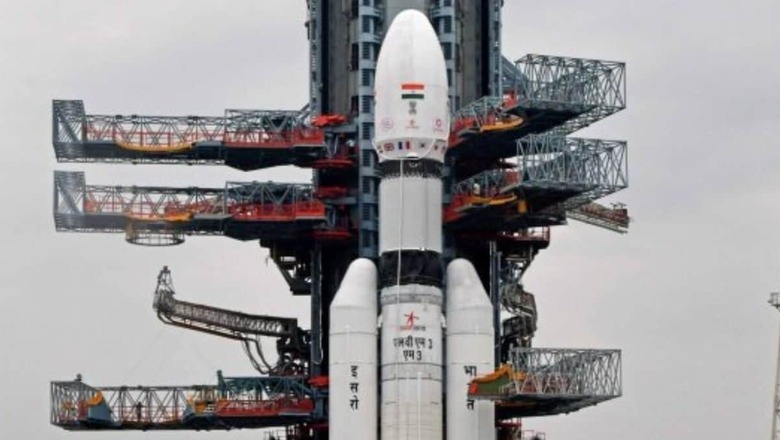
views
The Government of India, on April 20, published the Indian Space Policy, 2023. The objective of the policy is to make India an important destination for commercial space activities. The vision under the policy is to “enable, encourage and develop a flourishing commercial presence in space” that facilitates an acceptance that the private sector is a critical player in the entire value chain of cyberspace.
In recent times, the international space economy has shifted from state-sponsored activities to commercial exploration. Commercial exploration is not only limited to state-centric activities, but it has also accommodated private parties in this area. The significance of the same has been mentioned in the policy as well, where it defines its role in India’s “socio-economic development and security, protection of environment and lives, pursuing peaceful exploration of outer space, stimulation of public awareness and the scientific quest.” Further, the private sector is “allowed to undertake end to end activities in the space sector through establishment and operation of space objects, groundbased assets and related services, such as communication, remote sensing, navigation, etc.”
However, space exploration amounts to a huge amount of risks, and allowing private parties need necessary legal arrangements. Though India is yet to enact space legislation, this policy may work as possible guidelines, for private entities trying to enter the space business. India, as a founding member of international space law, has always contributed positively to the development of the United Nations Committee for Peaceful Use of Outer Space. We are a signatory of all the major space law conventions and have participated in all the General Assembly Resolutions relating to outer space. India is committed to giving the effect of the Outer Space Treaty 1967 at the domestic level. In 2013, the General Assembly passed a unanimous resolution suggesting states adopt national legislation for space activities. It is also true that the necessity of national space legislation lies with private space activities. Therefore, if the states do not have private space activities, the need for space legislation is also limited. All countries that have robust space legislation have established space industries in place.
It has been argued that the linkage of private sectors will have positive effects on space technology in India to create innovation, expand knowledge and enhance information to decision-makers, improving governance, and it can become an important enabler of economic growth, which holds great significance.
Generally, the space economy comprises a long value-added chain, starting with research and development actors and manufacturers of space hardware such as launch vehicles, satellites, ground stations and ending with the providers of space-enabled products like navigation equipment, satellite phones and services including satellite-based meteorological services or direct-to-home video services to final users. In the past, the Indian space programme’s partnership with the Indian industrial sector has been organised under four closely linked fronts, viz., technology transfer from the space programme to industry; consultancy by the Indian Space Research Organisation (ISRO) to industry; utilisation of the industries’ own technology potential and expertise by ISRO.
Going forward, to encourage private space activities, India has already opened the foreign direct investment in the space sector to 100 percent. Moreover, it has established two organisations, i.e. IN-SPACe and NSIL to address the issues of outer space activities. Since 2019, the Government of India (ISRO) has, step by step, initiated the process for legal arrangements for commercial space activities in India. In 2020, the government created the body IN-SPACe (Indian National Space Promotion and Authorisation Centre) for the authorisation of space activities. According to Article II and General Assembly Resolution 2013, there must be a legal mechanism for authorising the activities of outer space. Every state that allows private space activities in outer space developed an authorisation system, like the United States Transportation Department, to authorise space activities.
The policy has divided space activities in India into three primary sectors — IN-SPACe, NSIL and ISRO. The objective of IN-SPACe is described in the above sentence but the work of NSIL is quite important. NSIL will be working for commercialising space technology for manufacture, lease, or procure space components, technologies, platforms and other assets from the private or public sector, on sound commercial principles. It will also provide service to the space-based needs of users, whether government entities or NGEs, on sound commercial principles. NSIL is a public sector undertaking and will be functioning under the Department of Space. Lastly, ISRO, as the national space agency, will focus primarily on the research and development of new space technologies and applications, and for expanding the human understanding of outer space.
Abhinav Mehrotra is Assistant Professor and Dr Biswanath Gupta is Associate Professor at OP Jindal Global University. The views expressed in this article are those of the authors and do not represent the stand of this publication.




















Comments
0 comment